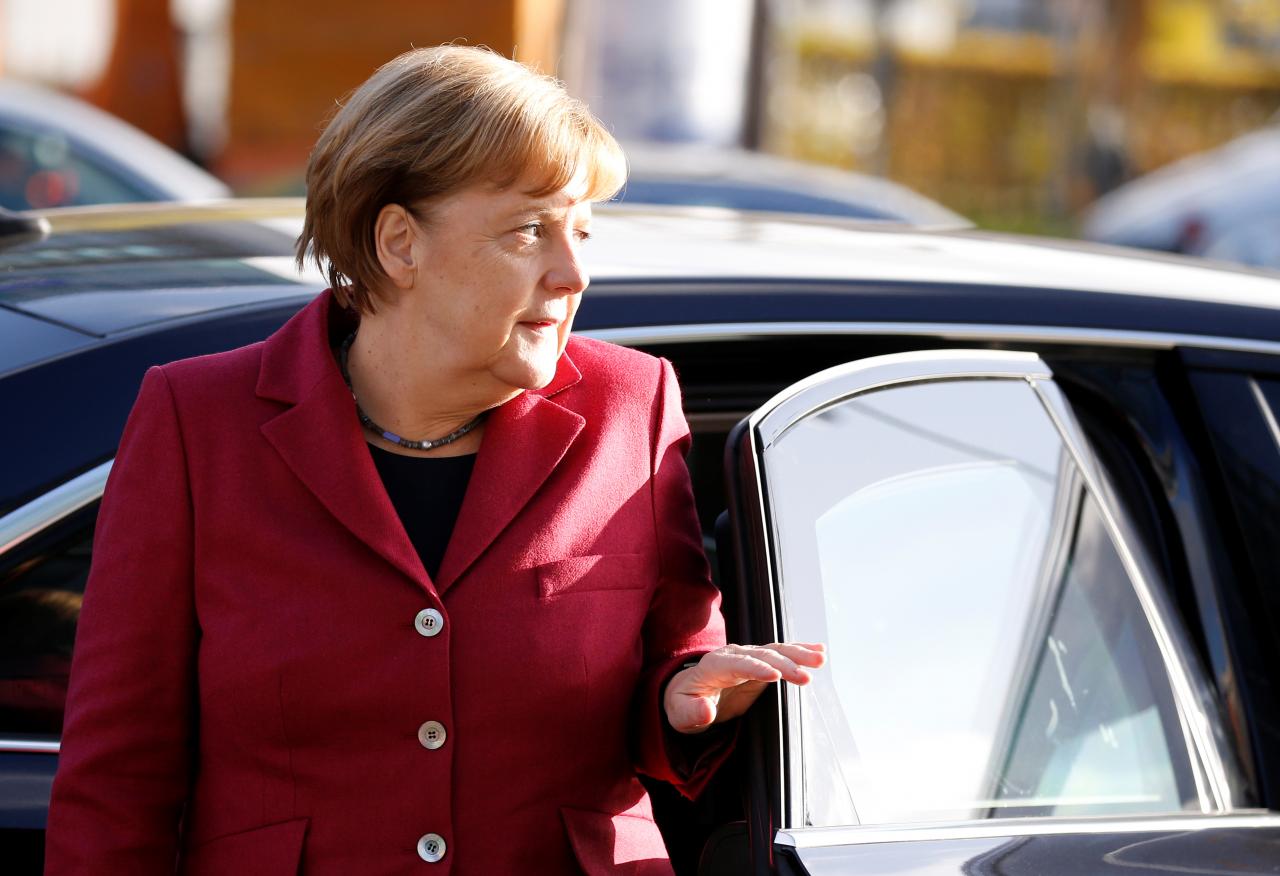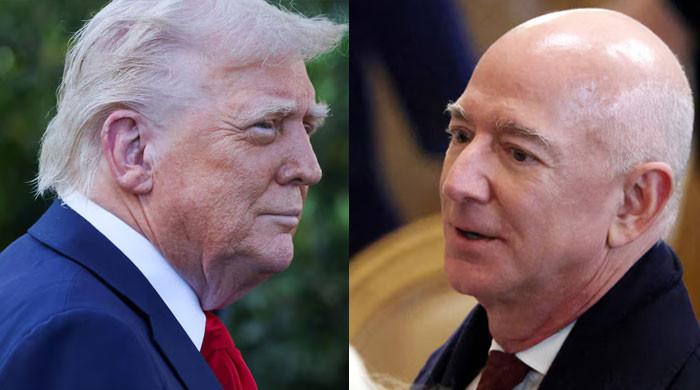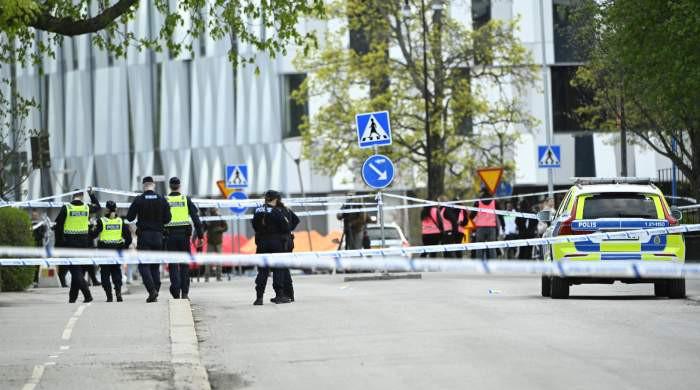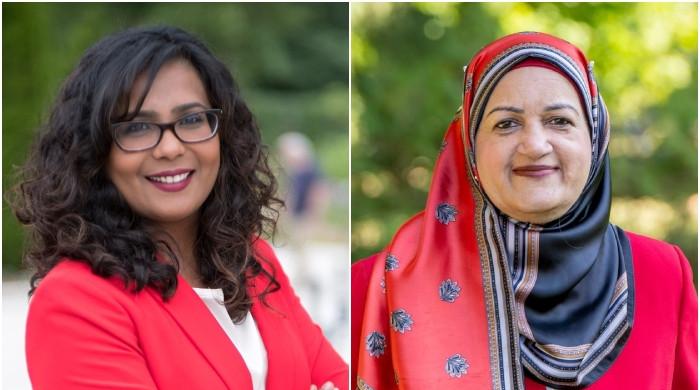German parties regroup for last-ditch coalition push
After four weeks of talks, the parties remained far apart as they adjourned for the night
November 19, 2017

Germany’s three would-be coalition partners went deep into overtime in talks on Saturday as they sought enough common ground in climate and migration policy to form a government and stave off the prospect of a repeat election.
Incumbent chancellor Angela Merkel’s only realistic hope of securing a fourth term after suffering losses in September’s election is an awkward three-way conservative-liberal-Green alliance.
But after four weeks of talks, the parties remained far apart as they adjourned for the night. The biggest sticking points are climate change, where the Greens want emissions cuts that the other parties see as economically ruinous, and immigration, where Merkel’s arch-conservative allies in Bavaria insist on stricter rules.
With the pro-business, tax-cutting Free Democrat (FDP) liberals freshly returned to parliament after four years in the wilderness, and the Greens out of office for 12 years, neither is keen to give ground.
A self-imposed deadline of Thursday for wrapping up exploratory talks and starting formal coalition negotiations passed without agreement, forcing the conservatives to promise further concessions on emissions cuts to the Greens.
FDP leader Christian Lindner said the talks now had to be wrapped up by 1700 GMT on Sunday.
But President Frank-Walter Steinmeier, a former foreign minister who now plays an apolitical role, said brinkmanship was to be expected.
“Before the formal talks start, there are always attempts by parties to drive prices up,” he told the weekly Welt am Sonntag. “What we’ve seen in the past weeks isn’t so different from previous coalition negotiations.”
WIDE DIVISIONS
Greens chairwoman Simone Peter said much that had earlier been agreed on emissions policy had been undone, without giving details.
Bavaria’s Christian Social Union (CSU) faces regional state elections next year, and fears the far-right Alternative for Germany (AfD) could unseat it after 60 years if it fails to secure tough immigration rules - which are anathema to the left-leaning Greens.
Among its demands are a cap of 200,000 per year on the number of refugees Germany will take, and an end to the practice of allowing successful asylum seekers to bring their immediate families to join them.
All parties are anxious to avoid a repeat election, which they fear could boost the AfD, which surged into parliament for the first time in September’s national election.
But the heterogeneous three-way coalition, made necessary after the conservatives and the centre-left suffered punishing election losses, is untested at national level.











